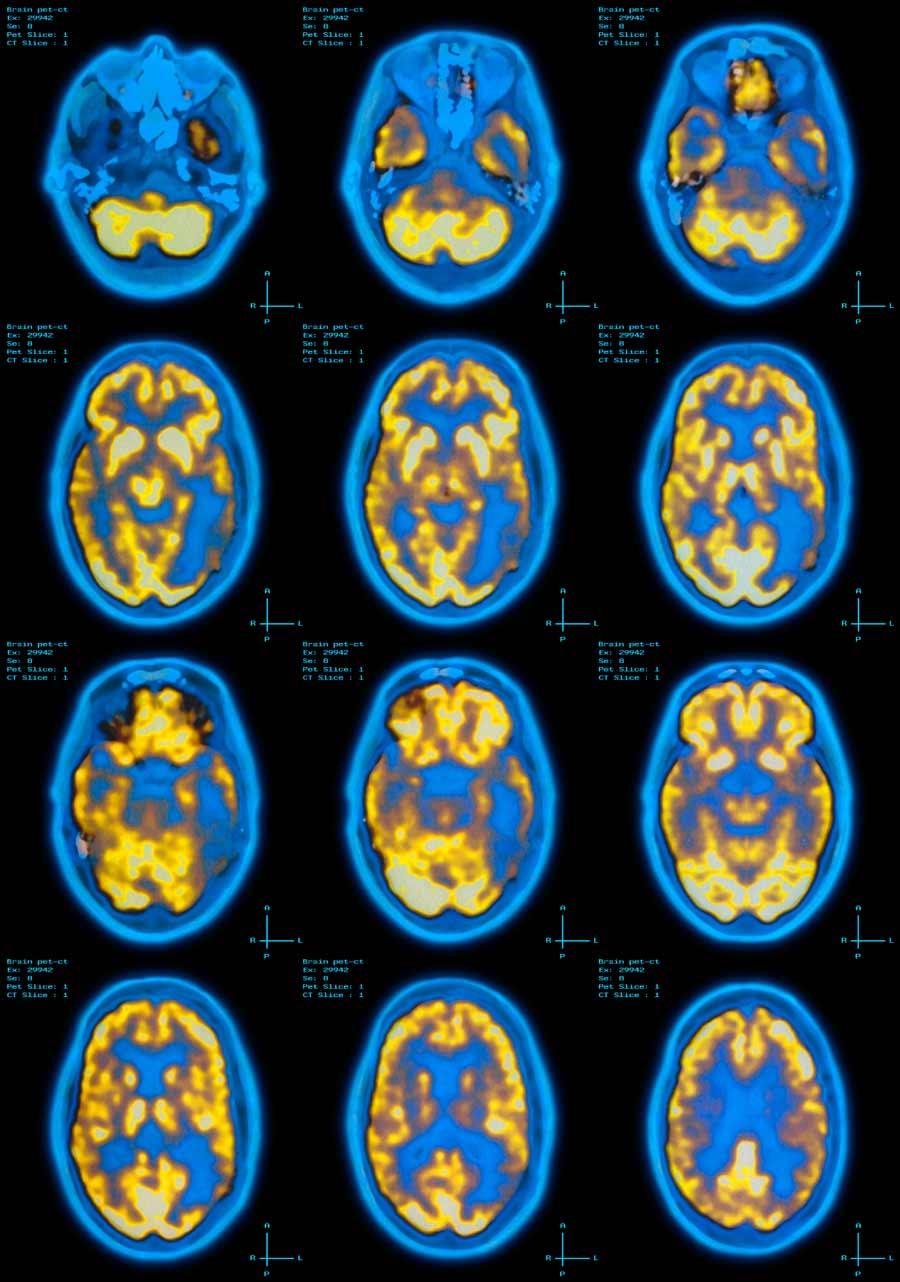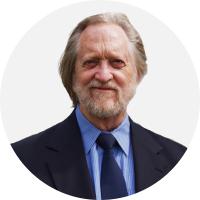The views expressed in our content reflect individual perspectives and do not represent the official views of the Baha'i Faith.
From the very birth of a human being the soul progresses, the intellect grows and knowledge increases. When the body dies the soul lives on. All the differing degrees of created physical beings are limited, but the soul is limitless!
The whole physical creation is perishable. These material bodies are composed of atoms; when these atoms begin to separate decomposition sets in, then comes what we call death. This composition of atoms, which constitutes the body or mortal element of any created being, is temporary. When the power of attraction, which holds these atoms together, is withdrawn, the body, as such, ceases to exist.
With the soul it is different. The soul is not a combination of elements, it is not composed of many atoms, it is of one indivisible substance and therefore eternal. It is entirely out of the order of the physical creation; it is immortal! – Abdu’l-Baha, Paris Talks, pp. 90-91.
In the previous essay in this series, we reached a conclusion: we’re more than just our minds. We are essentially spiritual beings.
Certainly this is not a new idea. It is an ancient idea. It is more or less the idea of a soul or spirit that is the animating force of our essential reality, whether that essence be expressed as self-consciousness, mind, reflection, meditation, will, judgment, and so on. What is new is that an increasing number of very reputable scientists are acceding to the axiom of Ockham’s razor that the simplest explanation is the best explanation—the shortest distance between the two horns of a dilemma. They further conclude that the brain actually most probably functions as a “transceiver” for a non-local source, whatever one might choose to call that source.
This conclusion comes partially from the increasing acceptance of the holonomic brain theory—that the segments of the brain are not so specialized as previously thought. A neuron is a neuron, and a bunch of neurons doing one specialized job can, if necessity requires it, take on another totally different job. So it is that science has discovered that memory is not resident in discrete portions of the brain. For example, the recollection of your first date is not contingent on the health of a few thousand neurons specifically dedicated to that momentous event.
 I do not mean to suggest that a PET scan (Positron Emission Tomography) does not reveal what portions of the brain are specifically active during certain emotional states, physical activities, or thought processes. The point is that the lit up and colorized pictures of the brain’s activity during these events are not necessarily the only places that can assist or enable these events; nor are they necessarily the origin of the event. The PET scan merely shows what part of the brain is being used at a given moment to transmit or receive information. Furthermore, should these active parts become injured or otherwise compromised, the activity could still take place by means of employing some other portion of the brain.
I do not mean to suggest that a PET scan (Positron Emission Tomography) does not reveal what portions of the brain are specifically active during certain emotional states, physical activities, or thought processes. The point is that the lit up and colorized pictures of the brain’s activity during these events are not necessarily the only places that can assist or enable these events; nor are they necessarily the origin of the event. The PET scan merely shows what part of the brain is being used at a given moment to transmit or receive information. Furthermore, should these active parts become injured or otherwise compromised, the activity could still take place by means of employing some other portion of the brain.
We see this capacity of the brain to “rewire” itself (sometimes with the help of outside training) in cases of aphasia when a stroke sufferer learns to talk again. This does not happen because the neurons injured by the stroke have somehow become fixed—once a neuron dies, it remains dead. But other neurons can be trained to do what the deceased neurons formerly did.
Everybody knows this—if not in person, then on one of the plentitude of TV shows where temporary amnesia becomes a convenient part of the plot. But think about the reality of this recovered memory. If the capacity to speak or recall events was not resident in some portion of the brain, where was it? If the vast vocabulary you possess still exists, only you have to relearn how to speak it, where was the vocabulary during the time you were being retrained?
Here it would be helpful to revisit the Baha’i theory of the brain as intermediary between the metaphysical self and the body, not because I am a Baha’i or because I am trying to promulgate Baha’i beliefs, but because I find it to be the most reasonable explanation for what I have studied and what I personally have experienced as regards the three fundamental components involved: the mind, the brain, and the body.
The theory has many ramifications, but simply stated, it asserts that the human reality derives from a metaphysical essence—a soul—which employs the human brain to represent and carry out the character and capacities of that metaphysical essence.
I have also found that I get older, this analogy feels much more palpable. My “essential self” (part of which is my memory and mind) seem to be doing okay, but my transceiver is showing glitches. Likewise the body acting out my true self is sometimes sadly out of step.
I still remember my childhood in Greensboro as if it were yesterday, even as I do my first date. And yet when I look in the mirror in the morning, I behold a physical presence that really does not do me justice. This can only mean that while my mind and soul has learned, developed and grown, my body has been sneaking out at night and getting beat up by some street gangs, or else wearing itself out at some dance hall.
The conclusion I have reached is that my real self, my essential reality, is working as best it can through the intermediary of a brain that has been frequently jostled and a body skillfully sutured together by some of the world’s best orthopedic surgeons—in particular I would like to thank surgeons James Andrews for the knees and Kenneth Gustke for hips. As for the shoulder, Drs. Lipscomb and Cordry, I don’t wish to speak ill of the dead (since according to my theory you guys are both still alive in a more advanced dimension), but the three attempts at repairing the rotator cuff did not work.
Next: Alzheimer’s, Dementia and the Soul
You May Also Like
Comments

















particle that is indivisible. The author doesn't give any quotes from the bahai writings which
say otherwise.